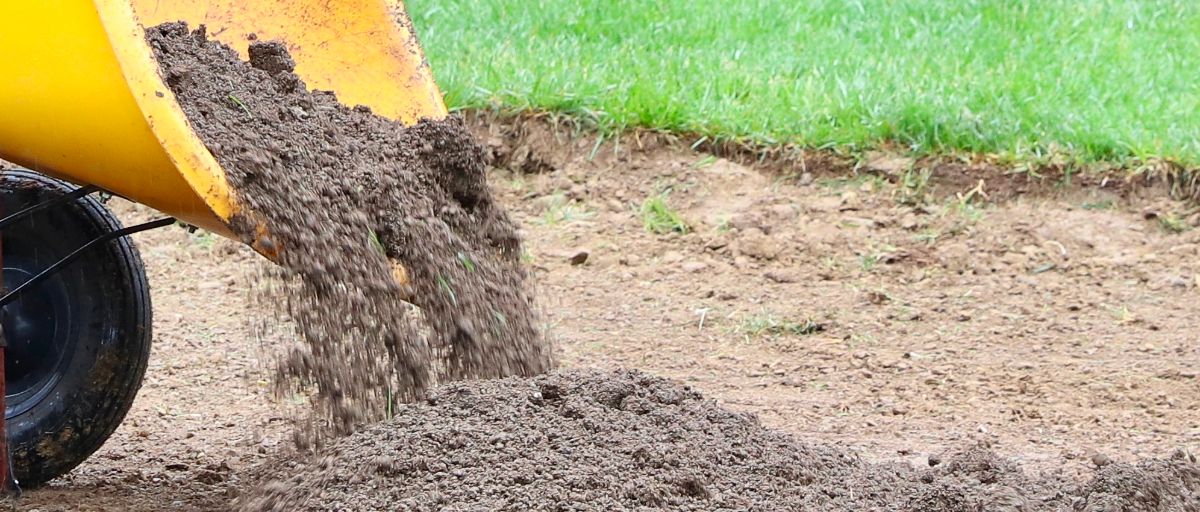
Category: Research

World Soil Day paper recognition
January 17, 2024 Written by CANR Staff | Photo by Monica Moriak
A review paper written by a graduate student and faculty of University of Delaware’s Department of Plant and Soil Sciences was recognized at the end of the year for World Soil Day 2023 by the academic journal it was published in.
World Soil Day is an annual event designated by the UN General Assembly in 2013 to raise global awareness on the importance of healthy soil and advocate for sustainable management of soil resources. The theme of World Soil Day that was announced in December is Soil and water, a source of life, which emphasizes that the majority of our food comes from soil and water and it is important to preserve both of these resources.
In recognition of World Soil Day, the editors of the peer-reviewed journal Soil Biology and Biochemistry highlighted three exemplary papers that fit well with this theme, including The unexplored role of preferential flow in soil carbon dynamics by UD’s Shane Franklin, a new PhD recipient under the advisement of Yan Jin, Edward and Elizabeth Rosenberg professor and Bruce Vasilas, a professor of agronomy and soil management, of plant and soil sciences, Rodrigo Vargas, a professor of ecosystem ecology and environmental change, Jeffry Fuhrmann, a professor of soil and environmental microbiology, and Alexandra Kravchenko of Michigan State University are co-authors of the paper.
“Soil Biology and Biochemistry, a top-ranking soil science journal, publishes around 300 articles each year making the recognition of the 2021 paper of notable significance,” Jin said. “The paper focuses on the importance of considering soil heterogeneity, which causes nonuniform distributions of soil moisture, nutrients, and oxygen, when studying soil processes including processes related to carbon cycling.”
This paper explains that while soil is heterogeneous there appear to be some patterns as to where microbial processes related to carbon cycling are occuring, with water as a major driver. Carbon cycling is a key component of soil health and plays an important role in climate change. This paper clearly points out the current knowledge gap in carbon cycling research and calls for close collaborations between soil physics/hydrology and biogeochemistry researchers. The conceptual framework put forward in the paper offers new insight into development of predictive tools that could more accurately assess carbon cycling and will help with sustainable soil management.
“It is really nice to have the work recognized and feel like we have contributed something worthwhile,” Franklin said. “It is very much a reflection of the training and standard that was set by my advisor Yan Jin, co-advisor Bruce Vasilas and other committee members Rodrigo Vargas, Jeffry Fuhrmann, and Alexandra Kravchenko. They have all had very successful careers so a lot of credit is owed to them.”
Most food on Earth comes from soil and water. Current research is even examining if soil can combat climate change. Healthy soil can store carbon, preventing it from returning to the atmosphere and warming the planet.
“Without healthy soil and clean water life would not exist making these natural resources irreplaceable,” Franklin said.
Franklin is now headed to Oak Ridge National Lab to do a postdoc with their plant-microbe interfaces team where they will continue investigating how soil heterogeneity can be better understood in efforts to ensure the longevity of soil.
World Soil Day celebrates soil and works to highlight how people throughout the world can bolster soil health.
